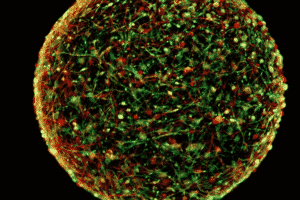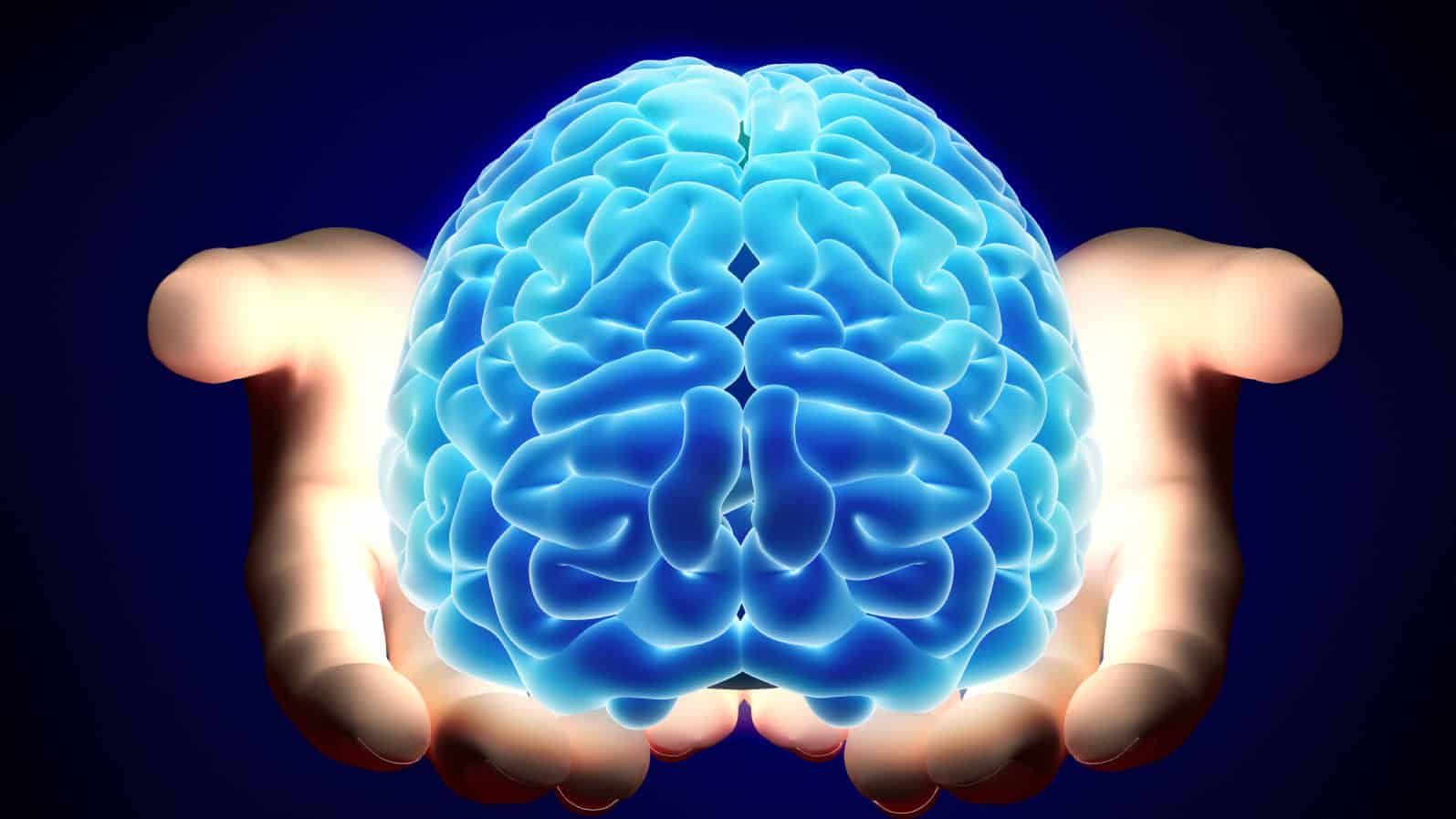Surprised much? Wait till you hear this- they can fit into the head of a ball pin!
Yes, these tiny things which are barely even visible are balls of human neurons and other cells, capable of mimicking the brain’s functionality. Moreover, they could be the future of drug testing.
The studies carried out on animal models are more often than not unsuccessful while being applied to humans. The development of these mini-brains could revolutionize brain research and drug testing and allow us to be less dependent on animals.
“Ninety-five percent of drugs that look promising when tested in animal models fail once they are tested in humans at great expense of time and money. While rodent models have been useful, we are not 150-pound rats. And even though we are not balls of cells either, you can often get much better information from these balls of cells than from rodents” says lead scientist of the study, Mr.Thomas Hartung.
Thomas Hartung and his colleagues at the Johns Hopkins Bloomberg School of Public Health 
Efforts to study viral infections, trauma, and stroke through these mini-brains are already in process. Mr. Hartung plans to make these structures available through his start-up company, Organome, to study Alzheimer’s disease, Parkinson’s disease, multiple sclerosis, and even autism by the end of this year.






























